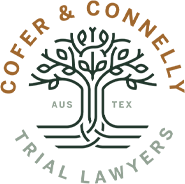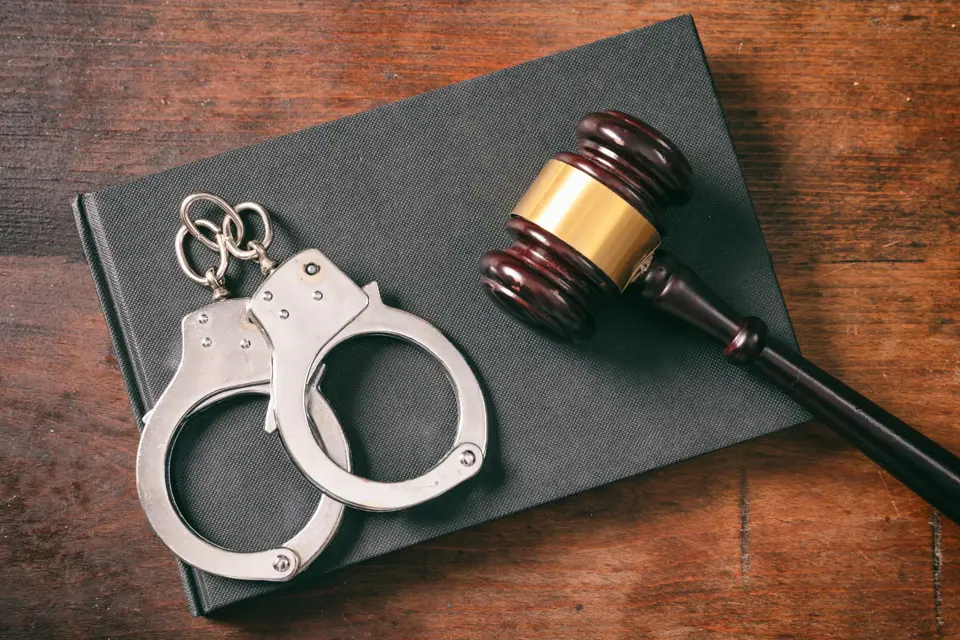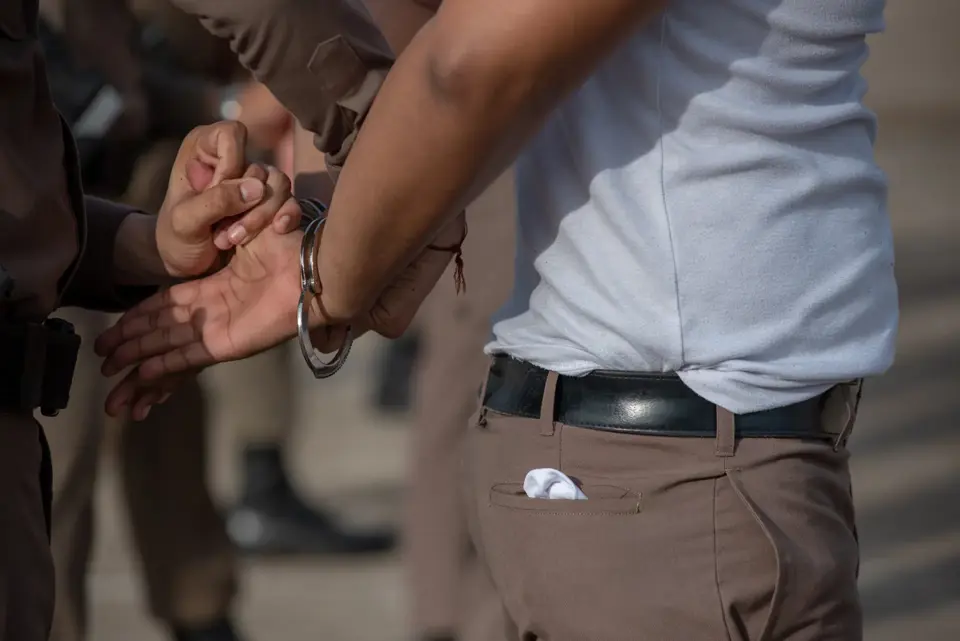Texas Defendant Rights to Criminal Discovery
Discovery in Texas criminal cases is governed by Texas Code of Criminal Procedure §39.14, better known as the Michael Morton Act. Article 39.14(a) requires the government to provide evidence to a criminal defendant “as soon as practicable” after receiving a timely request from the defendant. Generally, Texas law has not further defined “as soon as practicable,” frequently leading to confusion and mixed outcomes when a prosecutor fails to timely turn over evidence. Courts apply different standards as to what is “practicable” and craft different remedies for when the government fails to comply. Some courts exclude or “throw out” the evidence; other courts allow the evidence to be presented at trial.
What Happens When a Prosecutor Fails to Timely Turn Over Evidence?
A new decision from the Texas Court of Criminal Appeals clarifies what should happen when a prosecutor fails to turn over evidence in a timely fashion. Moten v. State, 10-24-00183-CR, deals with jail calls admitted into evidence that were not timely provided to the defendant even after a timely request.
Moten was indicted for aggravated assault with a deadly weapon and causing serious bodily injury for stabbing or cutting another individual with a knife. More than seven months before his trial began, he filed a request for discovery covered under article 39.14, including requests for any audio recordings.
At trial, a jury was selected on Friday and on Monday morning the prosecutor revealed that he had “learned” of the existence of two jail calls on Friday afternoon. The jail calls were routine jail calls that had been available to the prosecutor well before Friday afternoon. At trial the defense objected to admission of the calls, but the judge overruled the objection and allowed them into evidence and to be played for the jury.
Moten was convicted and sentenced to forty years in prison. On appeal, the defendant argued that the court abused its discretion by allowing the phone calls into evidence. He argued that the phone calls had been in possession of the government prior to trial and that the prosecutor had a duty to seek out the jail calls in a timely fashion.
Texas Criminal Discovery Under Article 39.14 of the Michael Morton Act
Texas Code of Criminal Procedure article 39.14(a) requires the State to produce “as soon as practicable after receiving a timely request from the defendant” reports, documents, papers, recorded statements, and other “evidence material to any matter involved in the action” and “in the possession, custody, or control of the state or any person under contract with the state.” TEX. CODE CRIM. PROC. ANN. art. 39.14(a); State v. Heath, 696 S.W.3d 677, 683 (Tex. Crim. App. 2024).
Under article 39.14, items in the possession, control, or custody of the State include items in the possession of law enforcement agencies. The law places a duty on prosecutors as representatives of the State to disclose evidence as soon as practicable—meaning as soon as the State is reasonably capable of doing so—upon receiving a timely request from the defense.
The term “practicable” includes a requirement of reasonable diligence on the part of the prosecutor to discover what items the State has in its possession that it intends to introduce at trial. That is, “once a discovery item is requested, the State now has an affirmative duty to search for the item and produce it to the defendant in a timely manner.”
Under the Michael Morton Act, disclosure of evidence is the rule, not the exception. However, violation of article 39.14 is a statutory error, and the law itself does not prescribe a particular remedy or method to cure a violation.
Texas Prosecutor’s Duty to Turn Over Evidence
In the Moten case, the government argued that it was unaware of the jail phone calls and that it did not possess the jail calls because the calls were stored on a server belonging to a third-party contractor. However, article 39.14 specifically states that the government must produce evidence that is in the possession of the State or any person under contract with the State.
Of note, article 39.14 does not contain a “knowledge requirement.” Even if the prosecutor is unaware of all evidence in the State’s possession, the prosecutor has a duty and obligation to exercise reasonable diligence to discover the evidence. Once Moten filed his request for discovery under 39.14, the prosecutor had an affirmative duty to search for all evidence requested, including any jail calls.
In Moten, the Court of Criminal Appeals ruled that the prosecutor failed to exercise reasonable diligence in determining if unknown but discoverable evidence existed. Because the State violated article 39.14, the trial court abused its discretion by admitting the jail calls into evidence.
The Court of Criminal Appeals, however, determined that the admission of the jail calls was “harmless error” because of other strong evidence supporting the jury’s verdict of guilty. Even if the calls had been excluded, the Court of Criminal Appeals determined the guilty verdict would have been the same.
Can a Trial Court Admit Evidence the Prosecutor Failed to Timely Provide? No!
The Moten decision adds further teeth to a defendant’s rights under the Michael Morton Act and related case law. State v. Heath permits a trial judge to exclude evidence that is not timely disclosed to the defense. Moten goes one step further and requires a trial judge to exclude evidence that is not timely disclosed to a defendant.
About the Author
Austin Criminal Defense Attorney Rick Cofer is a veteran defense attorney, former felony prosecutor, and former associate judge. He has tried more than 100 cases to a verdict, and his law firm has secured thousands of dismissals, reductions, and acquittals in criminal cases. He has been listed as a Texas Super Lawyer or Rising Star for six years, recognized in Best Lawyers in America since 2023, and voted Austin’s Best Lawyer in the Austin Chronicle Reader’s Poll since 2021. Mr. Cofer represents individuals throughout Texas in complex criminal defense matters.


.jpg.2510171023375.webp)



